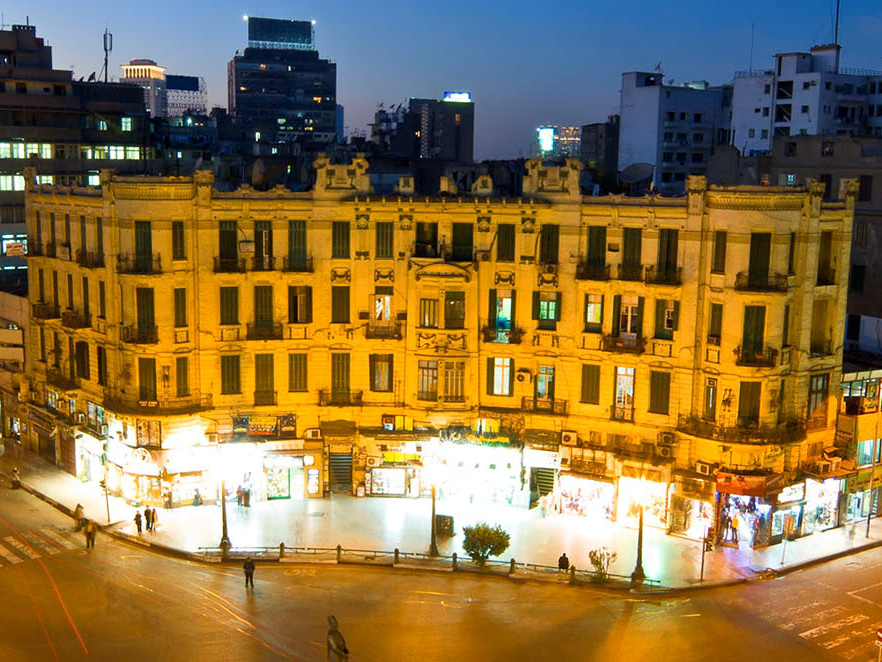
COVID-19 chronicles in the MENA
The COVID-19 global pandemic is a crisis unprecedented in the last 100 years.
It has hit an under-prepared world, is now effecting all markets and sectors, and has resulted in a near-global shutdown of the world as we know it. Whilst Europe, the US and Asia are at a more advanced stage of the crisis, the MENA region is rapidly moving up the infection curve with challenges compounding.
At a regional level, COVID-19 is taking its toll on economies in two main ways: shutdowns (ranging from partial to full) and loss of demand on the back of social distancing measures which are hampering consumption. While these are the two biggest challenges, clearly there are others – including supply chain disruption, loss of confidence, currency devaluations, liquidity constraints and slower M&A activity.
In Egypt, the most populous country in the MENA region, the Government has imposed an evening curfew since the end of March and has now extended it to the 23 April, albeit slightly reducing the curfew period to reduce congestion in public transport.
As part of the curfew extension, the Government has now moved to ease some restrictions like authorising restaurants’ home delivery services around the clock, although in dining is still not allowed. Government offices offering services to citizens will remain totally closed (the only exceptions being health and security related parts of the Government).
The Government has also taken a basket of measures to tackle the impact of COVID-19. On the monetary policy front, interest rates were cut by 300 bps to ease debt service burdens on borrowers. The Egyptian Pound, which has devalued by 2% since the crisis began, may come under further pressure on the back of capital outflows (reserves dropped by c.US$5.4 billion in March).
The impact of capital outflows will be compounded by the double impact of slowdown in trade activity (which is effecting the Suez Canal traffic), as well as a severe drop in tourism activity, which was the main source of hard currency for the economy.
The Government also took some active fiscal measures to ease the burden of COVID-19 on businesses, including a 3 months’ postponement of taxes, abolishment of taxes for 6 months for tourism businesses, reducing the price of electricity to the industrial sector, as well as providing support in the form of export subsidies to exporters.
With the challenges posed by the crisis, The Government is also paying a lot of attention to social risk, and has taken measures to lighten the load on the general population. Measures taken include significant pay rises to healthcare workers, and setting up a relief fund to support employees laid off due to the crisis.
The already established conditional cash transfer programs (Takaful and Karama), which are now covering over ten million people, will be of even more importance during the crisis to ensure that those most in need are able to weather the crisis.
In terms of daily life, working from home has become a big feature of the economy in the last two weeks, and even board meetings and shareholder meetings have now been allowed by the regulator to take place via video conferencing technology. There has been a big shift in consumer habits towards e-enabled platforms, be it for e-banking and digital payments (where our investee company Fawry is a leading player), or online grocery shopping via outfits like “Gourmet Egypt”.
Even medical services are increasingly reliant on limited contact (e.g. house visits and online test results offered from our leading labs business Integrated Diagnostics Holding), or shifting a large part of outpatient clinics at our leading hospital business Cleopatra Hospital Group to home visits. Education modes are also increasingly shifting to online teaching (where our pan-African Higher Education business Honoris United Universities is leading the way in digital transformation of education across Africa).
The picture is very similar elsewhere in MENA. In the Maghreb region, Tunisia and Morocco are both under a lockdown, although public adherence to the lockdown is somewhat patchy especially in rural areas. The Governments there are actively working on providing support through multiple measures, but loss of tourism revenues, coupled with capital flows is taking its toll (including on exchange rates, which are coming under pressure), and social risk is very much top of mind for Governments.
All across MENA, COVID-19 is taking its toll. While the focus for now is on navigating the instant impact of the crisis, as and when this crisis abates there will be valuable lessons learnt by Governments, businesses, and people alike. Perhaps a key learning will be the importance of the new economy and digital transformation, which has now become a necessary feature for all sectors. Every cloud has a silver lining, and the COVID-19 silver lining (if one exists at this stage) is very much a digital one.